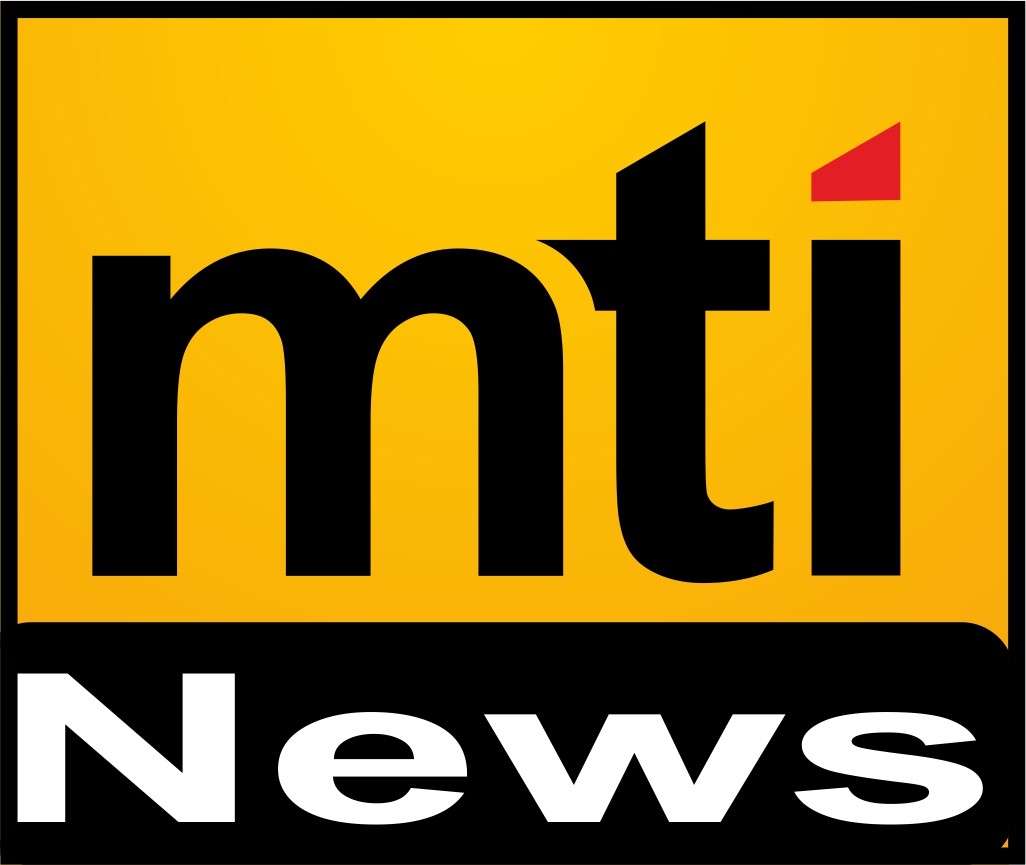Connect with us
Published
5 years agoon

8th November 2019 Mumbai: Established in 1954, the Bombay Management Association popularly known by the acronym BMA; is one of the India’s leading managerial communities striving for managerial excellence in business and corporate management. BMA organised digital leadership summit 3.0 titled ‘Winning in the Digital Age’ under the auspices of Ms. Chaya Sehgal who said “We at BMA believe that we are the torchbearers for management students and in order to have a winning edge, we need to foresee the future and train the students accordingly and today Digital is the way to go so we have organised this summit with an impressive lineup of industry stalwarts holding panel discussions in front of the industry thought leaders from different sectors.
Speaking on the occasion Ms Prasanthi Reddy, President – Strategic Initiatives, YES Bank said; “Digitization of production and consumption has put data at the centre of business decision making. Connected devices and people are generating enormous amounts of intelligence about products and their usage, which is allowing organizations to make more informed judgements instead of relying on the experience of their leaders.”
Mr Pramod Bhasin, Founder Genpact Ltd and Chairman, Clix Capital said; “The companies with more and better data can understand the customers more deeply, innovate fast and even predict future market events. In this digital age, a business that falls behind in data extraction and analytics is likely to disappear from the scene. Also, ensuring data security and privacy is essential to the growth and longevity of a business.”
Dr. Murtuza Khorakiwala, Managing Director, Wockhardt Limited said, “Digitization has changed marketing by opening more communication channels and giving marketers deep insights into customer behaviour.” Adding to this Mr. Mohit Kapoor, Vice President Group Alliances & Advertising Reliance Group said, “Today, enterprises can go beyond persuasion and aim at personalization. Technology has empowered marketers to shape not just consumers’ expectations but also their experience of a brand. However, in a hyper competitive environment, businesses need to excel in using technology to find, incent and engage customers.” Mr Rakesh Barik, Service Area Leader – Technology Consulting Deloitte Touche Tohmatsu India LLP said “Data enables to make better business decisions. Organizations should always strive to acquire more data on their operations and customers. Companies should use the data for market prediction and innovation and at the same time protect privacy.” Abhishek Sharma, Chief Digital Officer, L&T Financial Services said “Digital marketers also need to navigate the minefield of privacy and regulation to monetise consumer data and bring innovations to the market.”
R. Radhakrishnan Executive Director, Hindustan Petroleum Corporation Limited said; “Organizations use multiple digital channels for effective marketing and use consumer data to improve the brand experience for consumers. Marketers should take ample care to alleviate consumers’ privacy concerns. The future of Indian economy is digital. More than half a billion Indians are connected and more people are coming online because of falling prices of devices and access. After a slow start, India’s digital economy is nearing the critical mass needed for rapid transformation.”
Sanjay Kirloskar, Chairman & M.D. Kirloskar Brothers Limited commenting on the occasion said; “Indians are the second-largest users of apps in the world and largest users of social media. Digital consumption and online transactions are growing in popularity and every enterprise is expected to have an online presence. According to McKinsey, Indian economy has the potential to grow by nearly half a trillion dollars by 2025 because of digitization alone. In this scenario, the digitizers of today will be the leaders of tomorrow. They are less likely to be destroyed by disruptions in their industries and more likely to win in a hyper-innovative environment.”
Harshit Vyas, Chief Business Officer – India, OYO Hotels & Homes said “Merely digitizing a business is not enough to survive disruption. It takes creation of a digital business to redefine the product, delivery, value and consumer. While the conventional companies are digitizing to become more efficient, young entrepreneurs are recreating familiar businesses in digital form and overwhelming the established players. The digital natives are disrupting supply chain and value creation and are taking away the market by offering unprecedented convenience, economy and speed to consumers. The legacy businesses need to imbibe the spirit of new generation to have a future in this fast changing world.”
Shailesh Haribhakti, Chairman – Blue Star Limited added “Digital business modules are disrupting the established industry ecosystems everyday. The established industry players now need to think beyond digitization and becoming digital enterprises to survive in the fast changing structures. This is the only way in which established industry players will be able to overcome stiff competition from their digital competitors.” Sonny George, Chief General Manager Digital Transformation & E-Commerce, Strategy & Digital Banking Department, State Bank of India said; “Consumers are getting used to the convenience of anytime, anywhere purchase. Whether a business sells physical products or knowledge services, it risks losing sales and customers by restricting its presence to only the physical or only the online world. Moreover, customers expect a business to solve their problem in entireity and not just provide bits and pieces of the overall solution. The digital economy demands demands delivery of integrated solutions through every possible channel. Businesses must straddle the physical and the virtual worlds to do well in the digital age.”
Anup Purohit, Group President and Chief Information Officer, YES Bank added; “Organizations should build a competitive presence in both the physical and the digital markets. Organizations who integrate their online and offline channels reinforce each other channel’s sales.”
The conclave was attended by more than 200 plus delegates from across the country.
